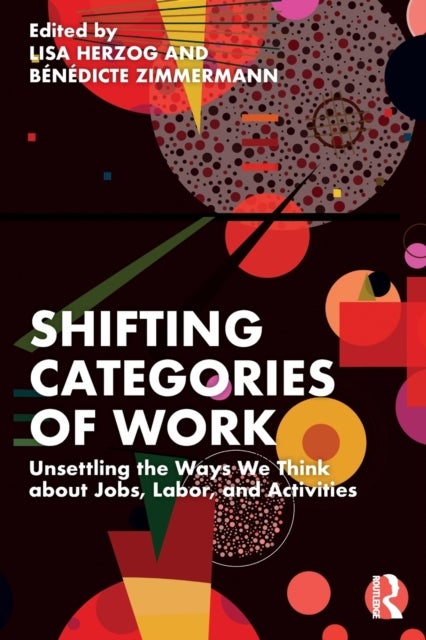
Shifting Categories of Work
469,-
<P>What do human beings do when they work, how is work organized, and what are its multidimensional ¿ economic, social, political, biographical, ecological ¿ effects? We cannot answer these questions without drawing on the numerous categories that we use to describe work, such as "skilled" or "unskilled" work, "domestic work" or "wage labor," "gig work" or "platform work." Such categories are not merely theoretical labels as they also have practical effects. But where do these categories come from, what are their histories, how do they differ between countries, and how are they evolving? <I>Shifting Categories of Work</I> asks these questions, illuminating the many ways in which our societies categorize work. Written by sociologists, philosophers, historians and anthropologists as well as management and legal scholars, the contributions in this volume contrast different cultural practices and frameworks of categorizing work across different countries. </P><P>Organized around the three








